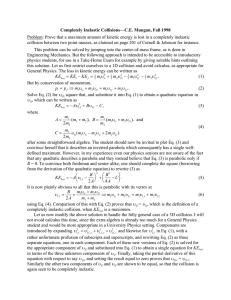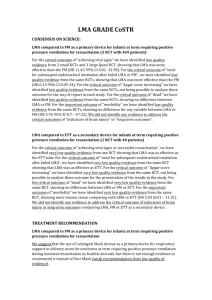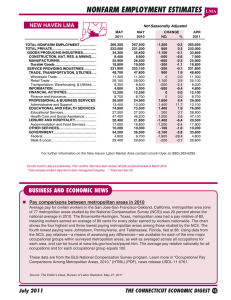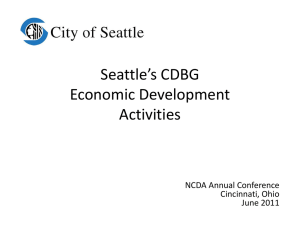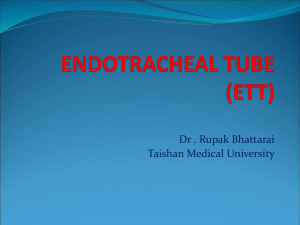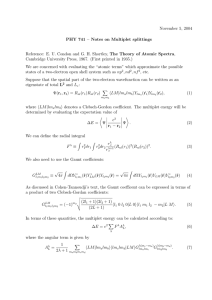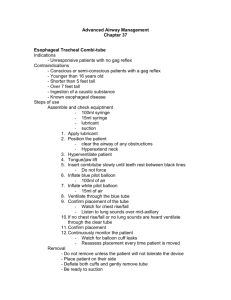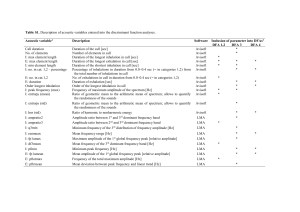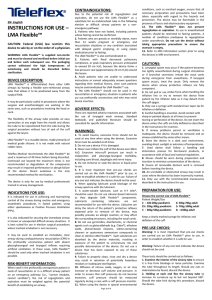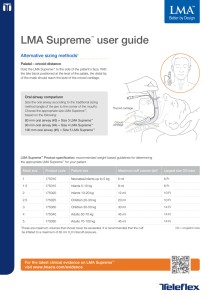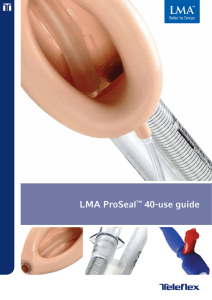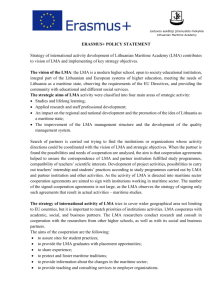LARYNGEAL MASK (LMA)
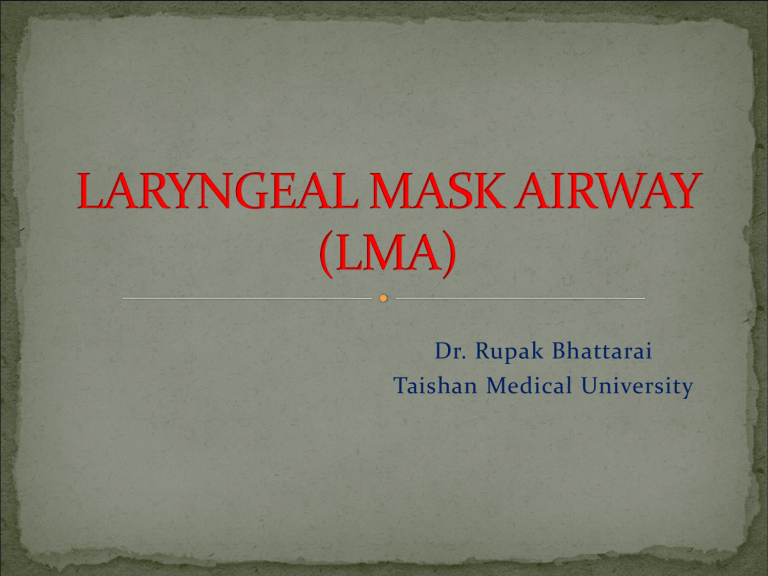
Dr. Rupak Bhattarai
Taishan Medical University
It is being increasingly used in place of a face mask or tracheal tubes during administration of an anesthetic, to facilitate ventilation.
Also used in patients with difficult intubation.
THE CUFF
THE APERTURE BARS
THE AIRWAY TUBE
THE CONNECTOR
THE INFLATION LINE
THE PILOT BALOON
THE VALVE
Generally four types of LMA used these days:
The re-usable LMA
The disposable LMA
The proseal LMA which has an orifice through which naso -gastric tube can be inserted
Fastrach LMA that facilitates intubating patients with difficult airways.
An LMA consists of a wide bore tube whose proximal end connects to a breathing circuit and the distal end is attached to an elliptical cuff that can be inflated through a pilot tube.
The deflated cuff is lubricated and inserted blindly into the hypopharynx so that once inflated ,the cuff forms a pressure seal around the entrance to the larynx.
This requires the anesthetic depths slightly greater than the required for the insertion of an oral airway.
The shaft of an LMA can be secured with tape.
The re-usable LMA , which can be used after autoclave is made of silicon rubber and is available in many sizes.
INTERNAL VIEW
OF PLACEMENT
OF LMA
No 1 : For infant with weight less than 6.5 kg.
No2 : Child with weight 6.5-
20 kg.
No 2.5 : Child with weight
20-30 kg.
No 3 : Small adult with weight greater than 30 kg.
No 4 :Normal adult with weight less than 70 kg.
No 5 : Large adult with weight greater than 70 kg.
No 1 : 2-4 ml
No 2: Up to 10 ml
No 2.5: Up to 15 ml
No 3 : Up to 20 ml
No 4: Up to 30 ml
No 5 : Up to 30 ml
Pharyngeal pathology (e.g abscess).
Pharyngeal obstruction .
Full stomach patient.
Pregnancy.
Although LMA is clearly not a substitue for tracheal intubation but it has proven particularly helpful as a temporizing measure in patients with difficult airways because of its easy of insertion and relatively high success rate (95-99%).
